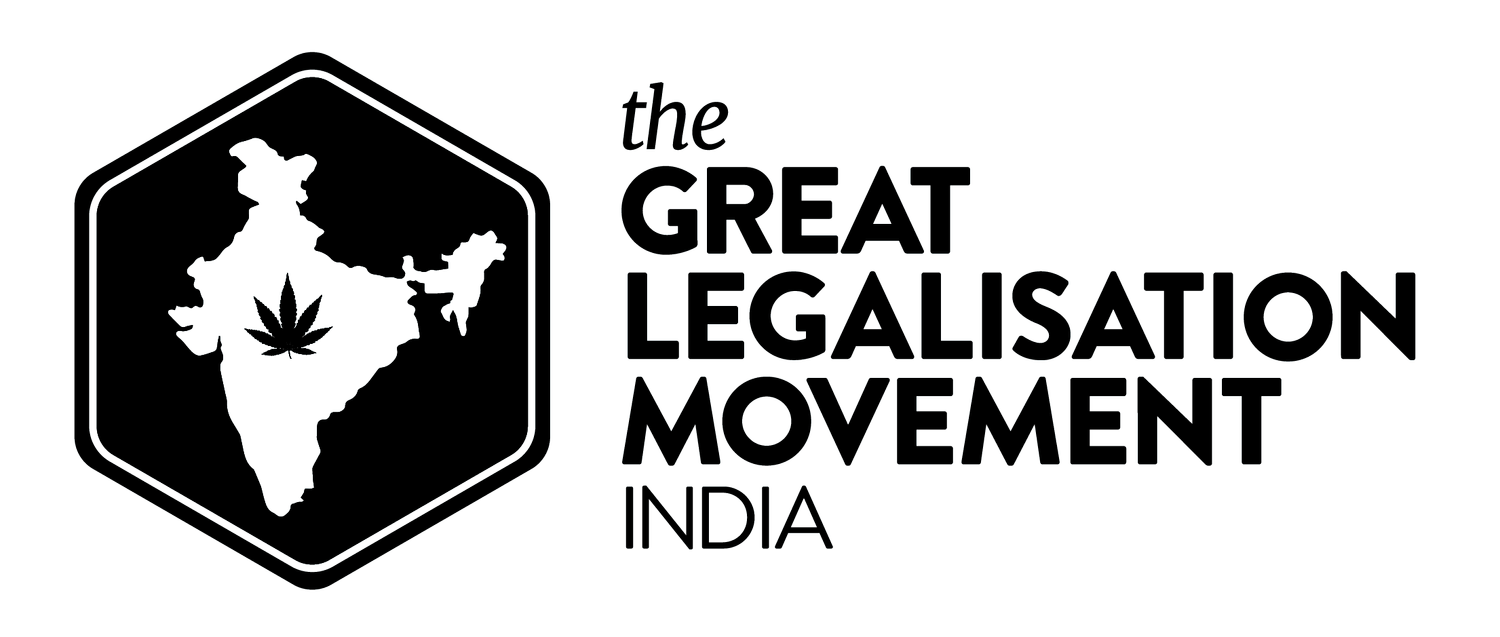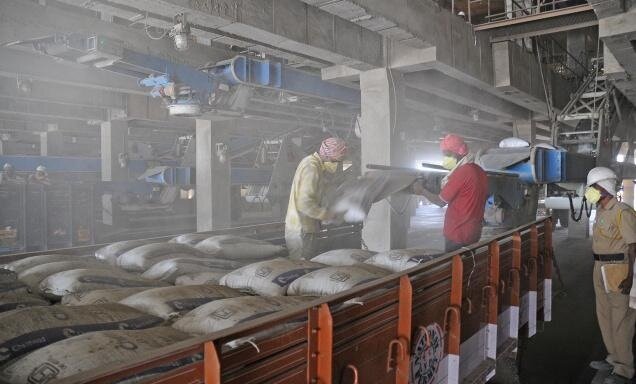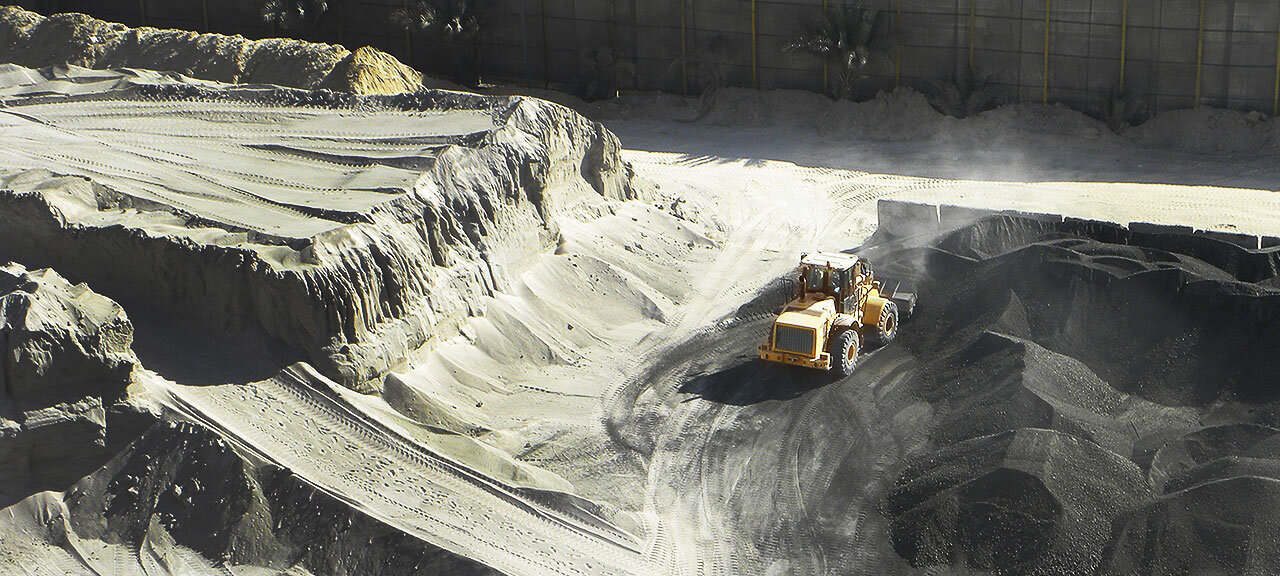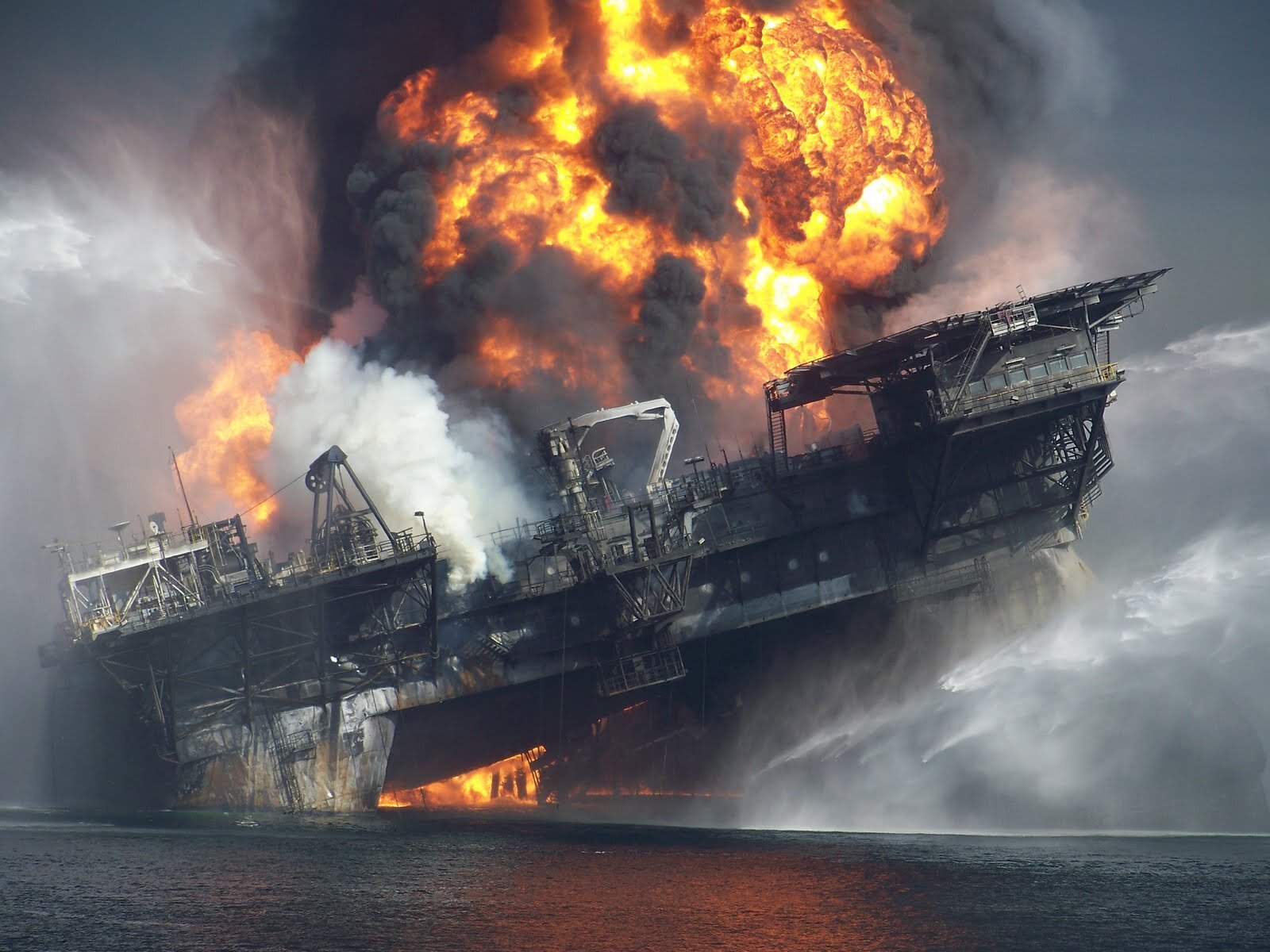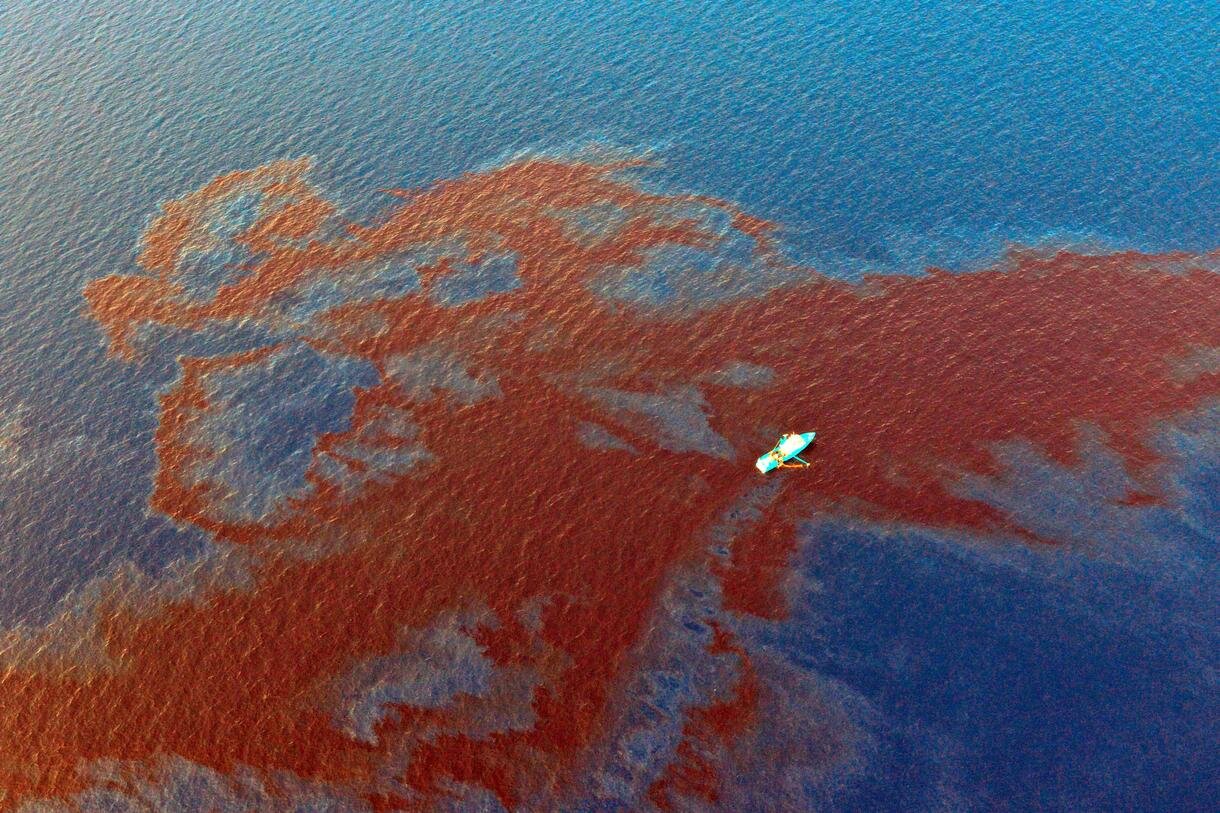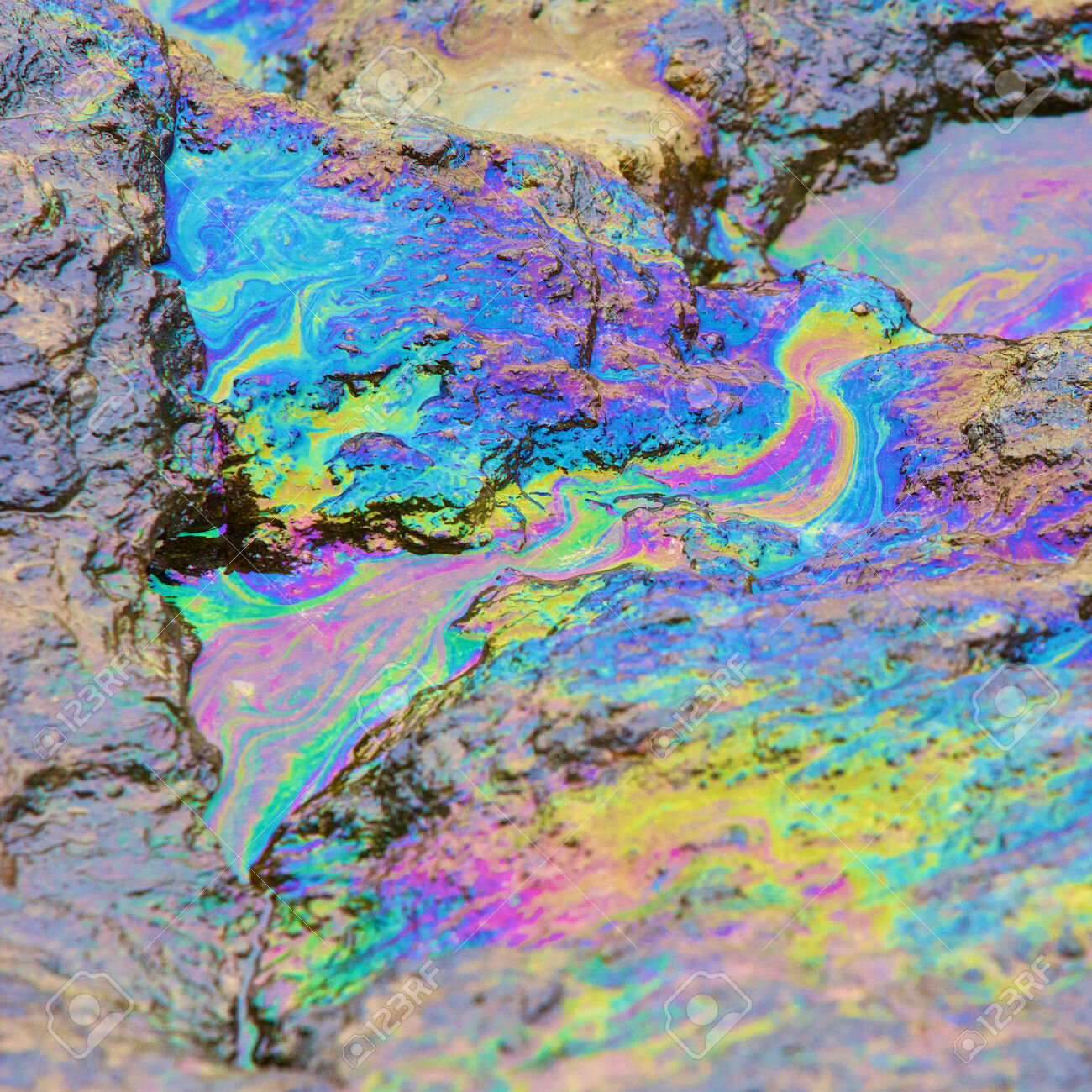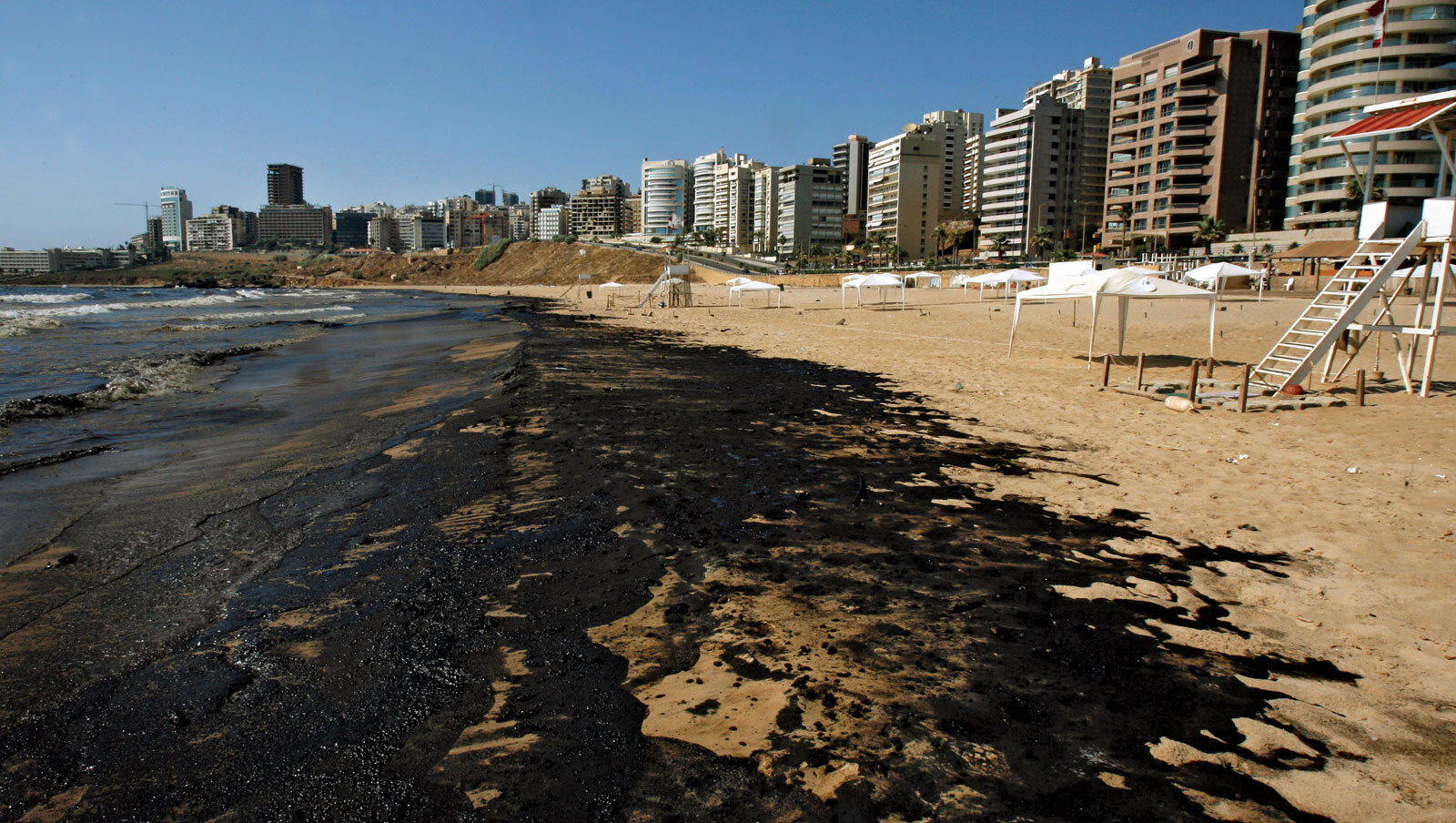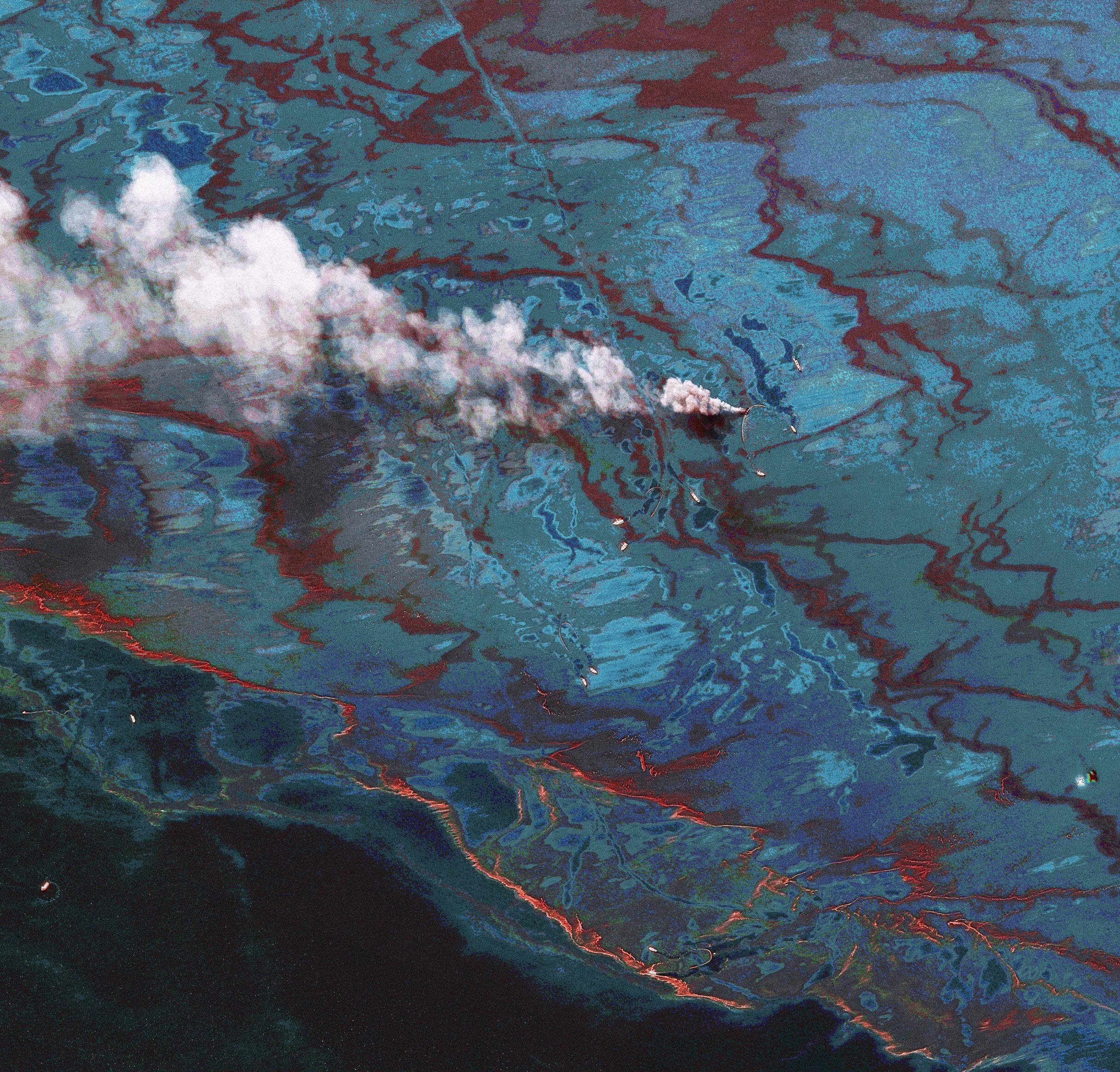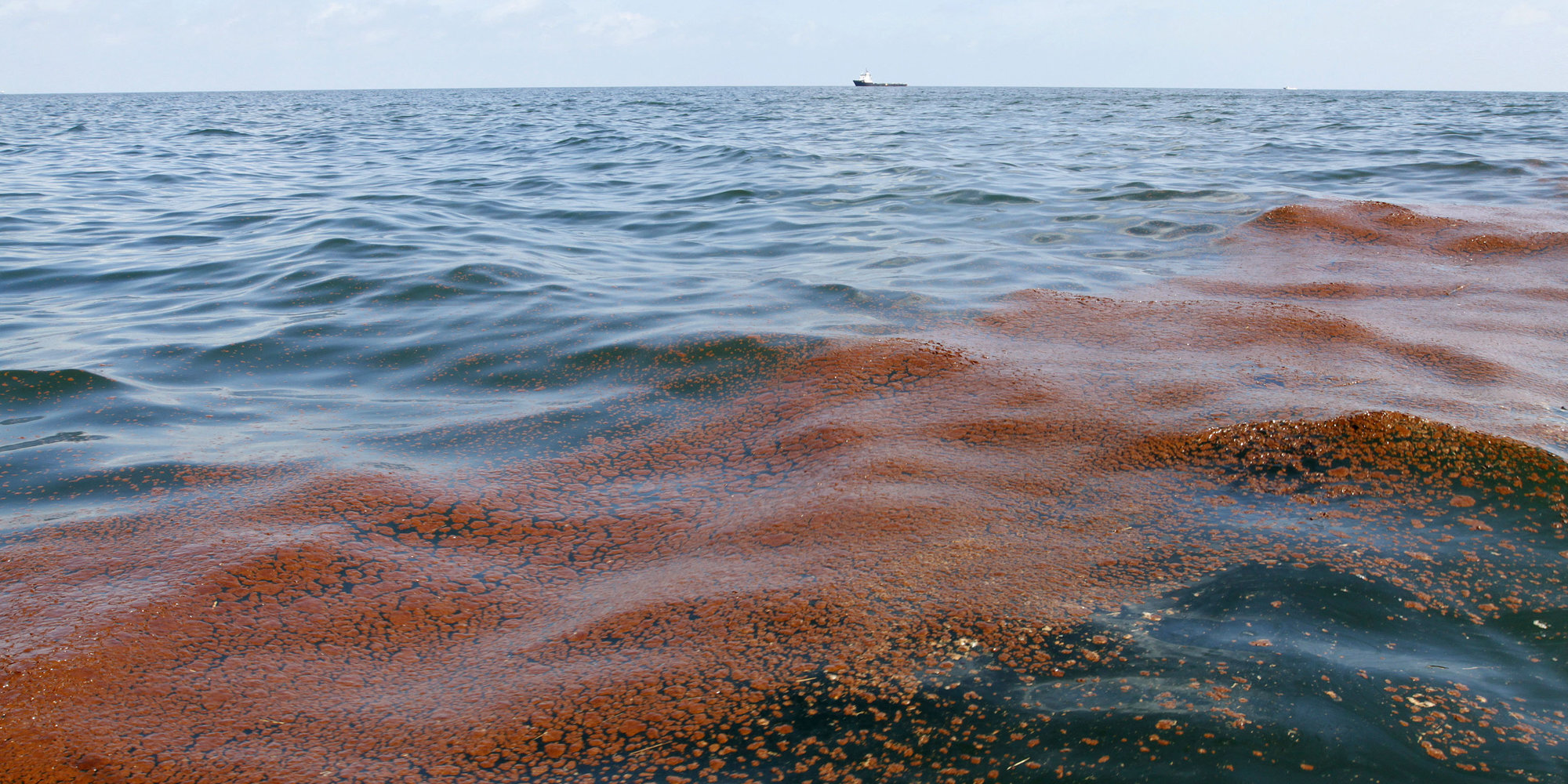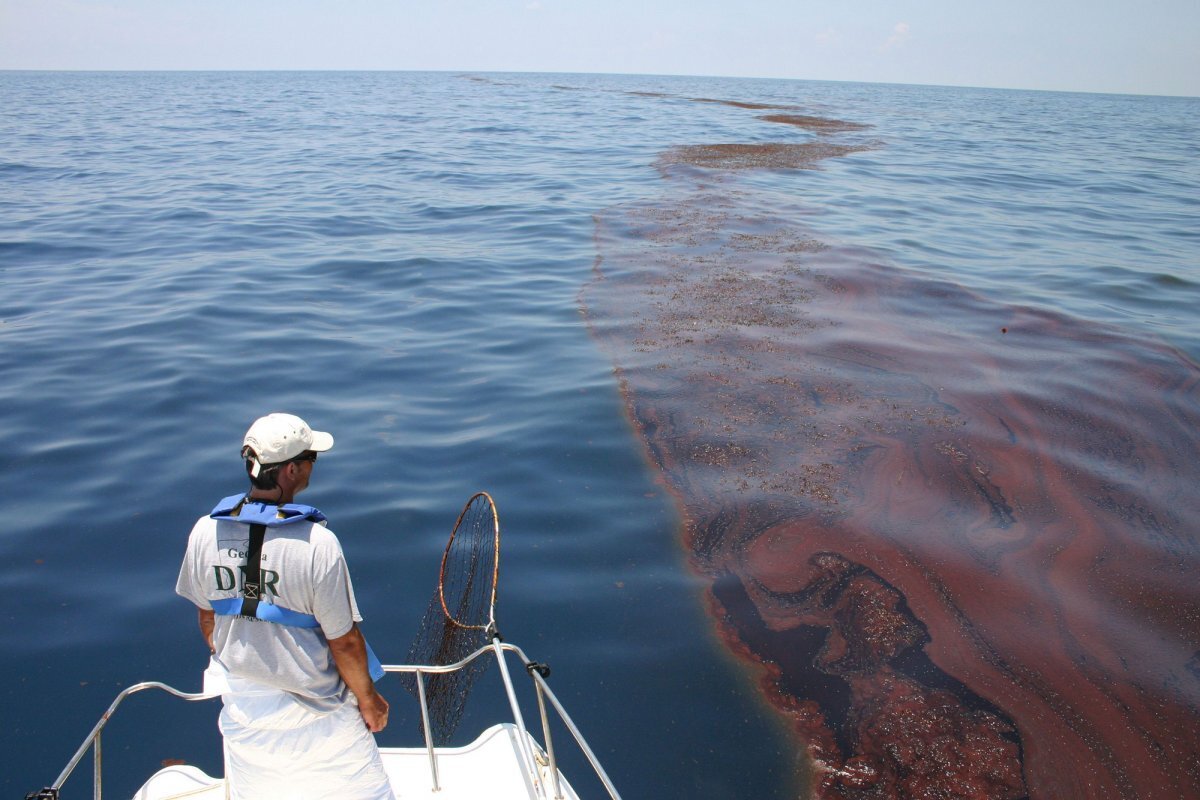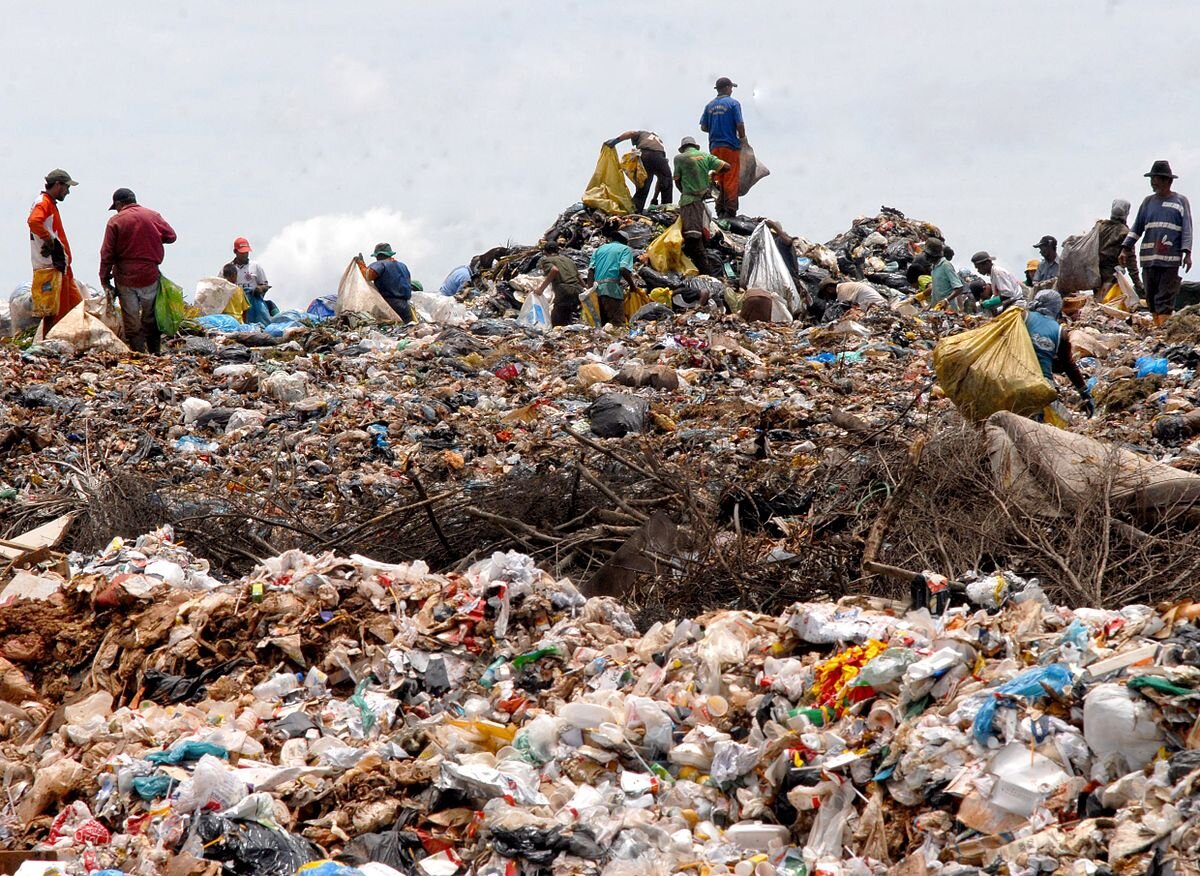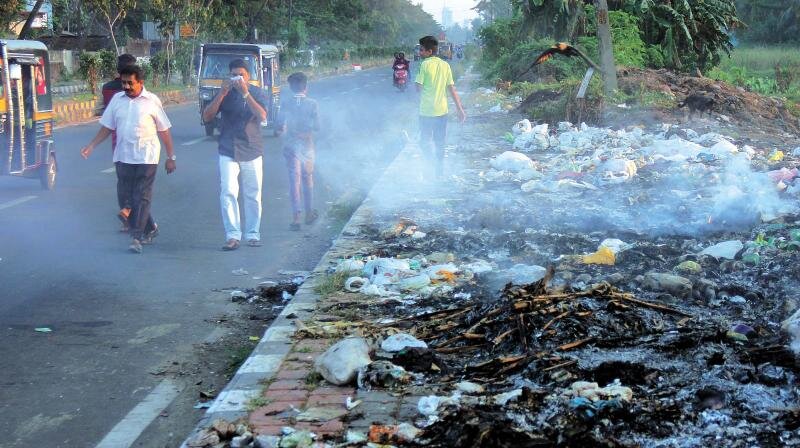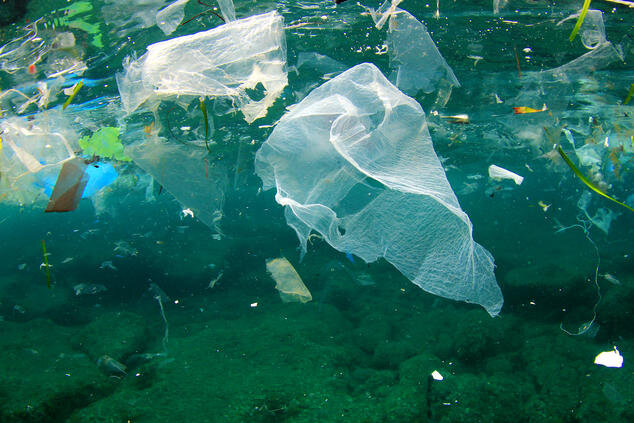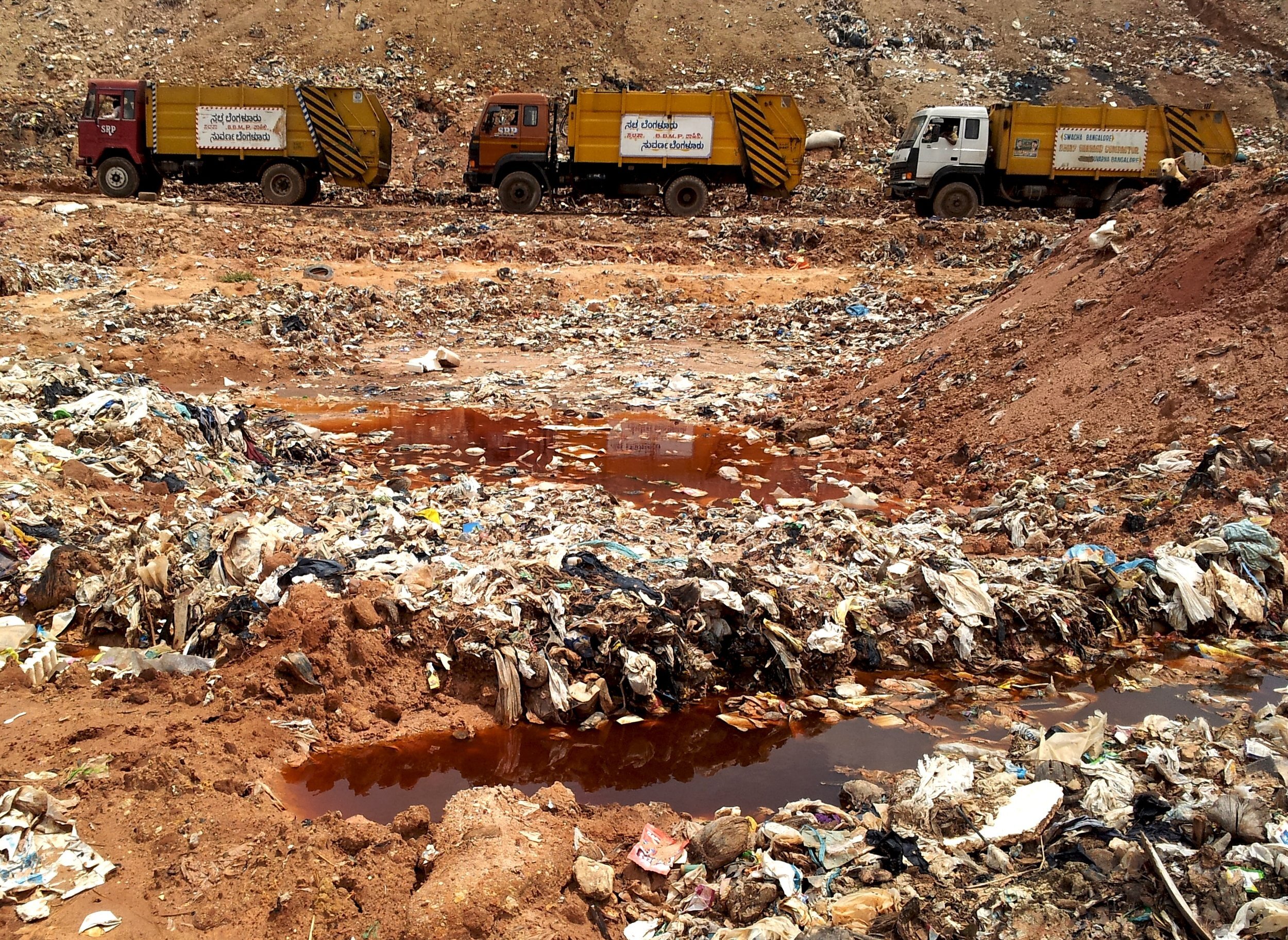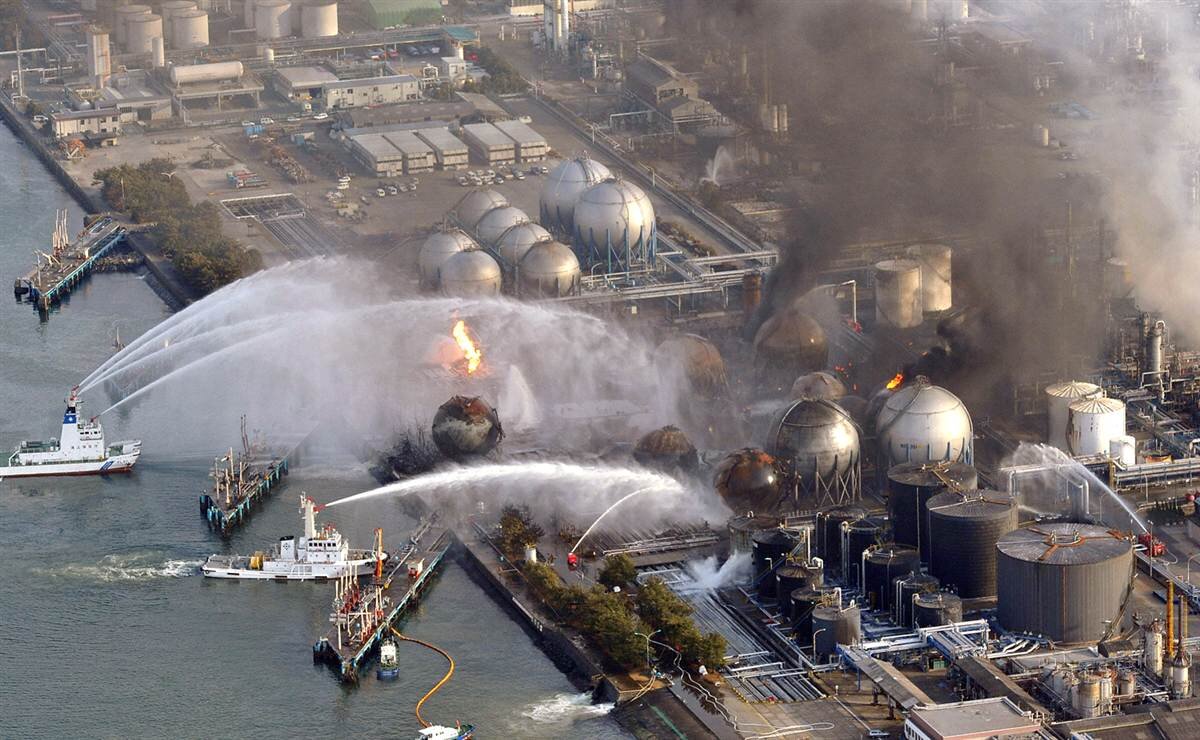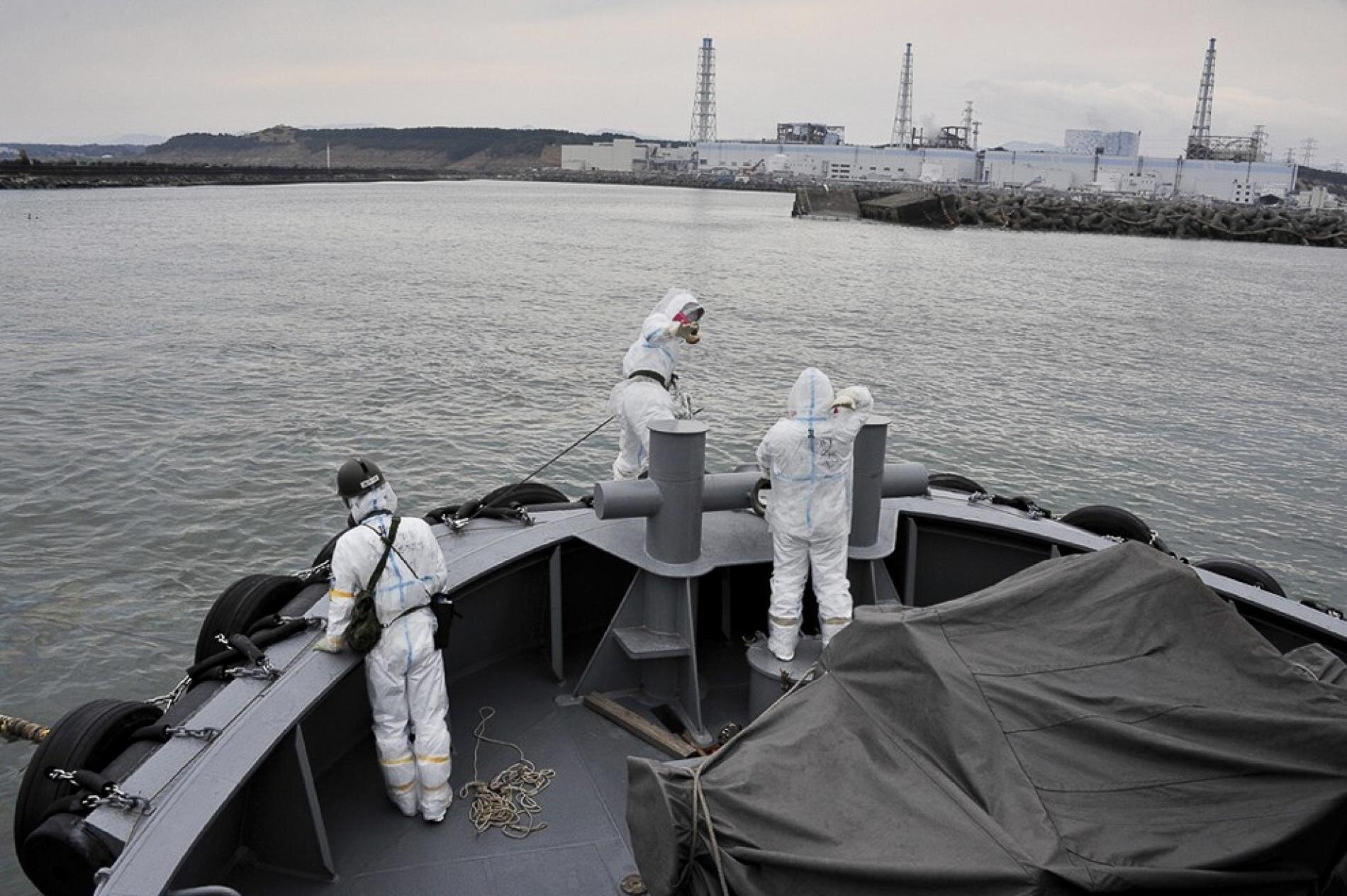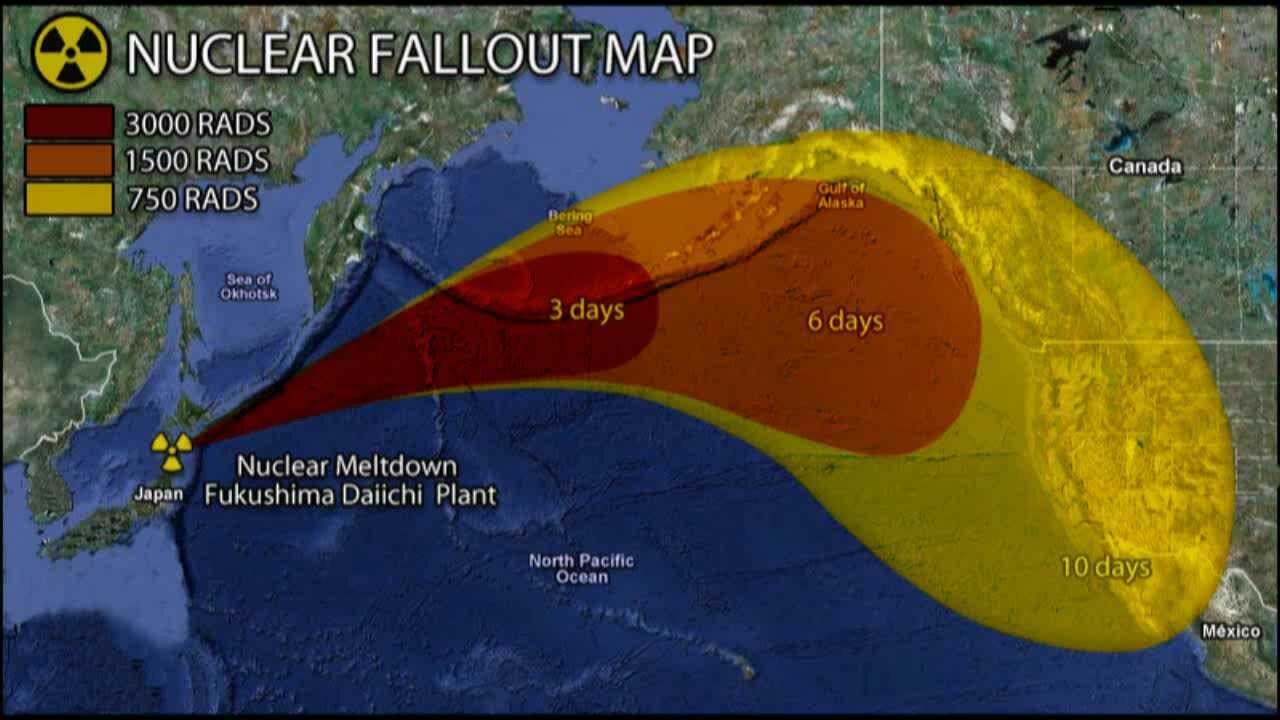18. India, let's save our water
Water is the most essential substance for the survival of millions of species and ourselves. But our global needs of consumption of paper, cotton, plastic, fuels and cement requires so much chemical processing that we have begun to destroy it to a large extent. Is this worth caring about?
Water pollution is a major environmental issue in this country. Around 80 percent of our surface water is polluted.
It is a basic knowledge that what we put on the soil, the earth eats it. What we put in our air, our air eats it. And what we put in our water, our water eats it.
The largest cause of water pollution in india is untreated sewage. Domestic sewage largely consists of human excretion, but over the last 50 years or so, there are all sorts of soaps, shampoos, detergents, washing chemicals etc. which are all going straight into our sewage which ends up inside the earth or our water bodies.
Only about 20 percent of our sewage is treated in India, the rest is dumped straight into rivers or lakes. Apart from this being a very toxic practice, the major causes of water pollution are our industries and agricultural practices.
Some of the globally consumed products like paper requires so much of chemical bleaching that most of the waste is dumped into the rivers and lakes.
And yet, our act of consumption and our ignorance of where our products come from or how it is made or how toxic it is to the environment and what happens if we continue to use it globally is putting our ecology into an extremely dangerous state.
Water poisoning will affect all life on earth. Our industrialisation has happened just over 150 years ago and we have begun to destroy the billion year evolution of life on earth.
Can we go on to continue this way?
Cotton
Our needs of clothes have also become toxic. Because the most basic material used for our clothing is Cotton.
But cotton requires large quantities of water to grow and it also requires a lot of chemicals for the crop to survive. Guess where these chemicals end up?
And can you imagine the requirement of chemicals to grow enough cotton for the entire world?
Cotton is the world's largest non-food crop and it is one of the leading causes of water pollution all across the planet in the agricultural sector. We are all collectively poisoning the planet without even realising it.
Cement
We all need homes, and almost all the houses in all parts of the world uses cement to construct. Any idea how toxic it is? We would like you to take a trip to a cement factory and decide for yourself.
Oil and Plastics
And the whole issue with our needs of crude oil and its products are not to be forgotten. There has been plenty of mishaps in the oil industry which has destroyed so much of our ocean life.
And, plastics! Plastics are made from the crude oil, which requires intense chemical processing to manufacture and most of the chemicals used in the production factory has to go back into the earth and into a water body.
So next time, whenever you touch plastic, please know that your act of using it has poisoned a great deal of our planet elsewhere.
And when we dispose plastics, it cannot disintegrate into smaller pieces easily. Whatever it disintegrates into, is carcinogenic to all life; carcinogens are chemicals that induces cancer when it enters the living body.
So next time, when you throw or dispose plastic anywhere, please realise that you are throwing away cancerous substance back into the earth. It either poisons the underground water when disposed in the land or poisons the air when burnt.
Nuclear Energy
The recent disaster of the energy plant at fukushima has poisoned and destroyed the entire pacific ocean. And yet again, our needs of energy has caused this accident and that sunken radioactive core continues to emit radiations into the ocean for god knows how long!
So much of life poisoned.
So much of evolution, destroyed.
Pharmaceuticals
Even pharmaceutical industries pump chemicals into our rivers and lakes which has given rise to more incurable diseases. This affects the drinking water supply of millions of Indians. It causes the spread of diseases such as cholera, dysentery, jaundice, and diarrhea.
Waste from pharmaceutical industries creates strains of superbugs, which are immune to antibiotics and could cause future outbreaks of new and incurable diseases.
Agriculture
The food that we eat is sprayed with all sorts of chemicals, either to enhance growth or keep the pests away. Rains / watering the fields / surface runoff from the land carries all the pesticides, insecticides, and fertilisers we use on our crops into the underground water or the nearby river/lake.
The list can go on and on about almost every product that we consume today which is directly or indirectly causing a huge threat to our water sources; not by depleting the levels of water, but by poisoning whatever is left for our survival.
Water is one of the most essential element for our well-being. India as a nation cannot prosper if its citizens are thirsty, or worse still, if the water is making us sick.
How can we say we have respect for our holy rivers like the Ganga and the Yamuna when they are essentially dying waters, incapable of supporting life along long stretches of their paths?
This is an issue we have to address urgently, and the only way out is to transform ourselves to the new industrial era.
A New green industrial setup, which is self-sustainable, carbon-negative, environmentally enriching and can solve all the needs and wants of our societies. The only solution to answer all of those issues at once is a PLANT.
Cannabis is our saviour to stop any further poisoning of our water sources and we need to implement this everywhere, at the earliest. Cannabis fibres can replace most of the products that we discussed above.
Hemp fibres can make bio-fuels.
Hemp fibres can produce bio-plastics.
Hemp fibres can create super strong bio-cement.
Hemp fibres can create paper.
Hemp fibres can make durable clothes.
Hemp fibres can produce bio-leather.
Hemp fibres can replace certain needs of steel.
Hemp seeds are the most nutritious food product and grows in abundance.
Hemp flowers cure most of our diseases and it doesn't pollute our water sources like the modern pharma factories.
Most importantly, growing hemp means reversing the carbon footprint on the planet, not using high levels of energy to manufacture these products, not using any chemicals during production and a product which will easily disintegrate in earth or water.
It is the safest alternative.
It is the strongest alternative.
and it is the most efficient alternative solution to all our needs.
Saying yes to cannabis means
Saying yes to cleaner water for India
Water supports us and all the life forms on this planet and also all the life that lives in it.
Let’s legalise it, India.
In the future, we could keep all our water resources chemical free if we legalise hemp. Hemp products can replace paper cotton, plastic, cement, etc. Which all requires lots of chemical processing which is destroying our underground water.
Let's design a better future
Special thank to Danny, Amy, Esha, Aditya, Anshul, Priya.
